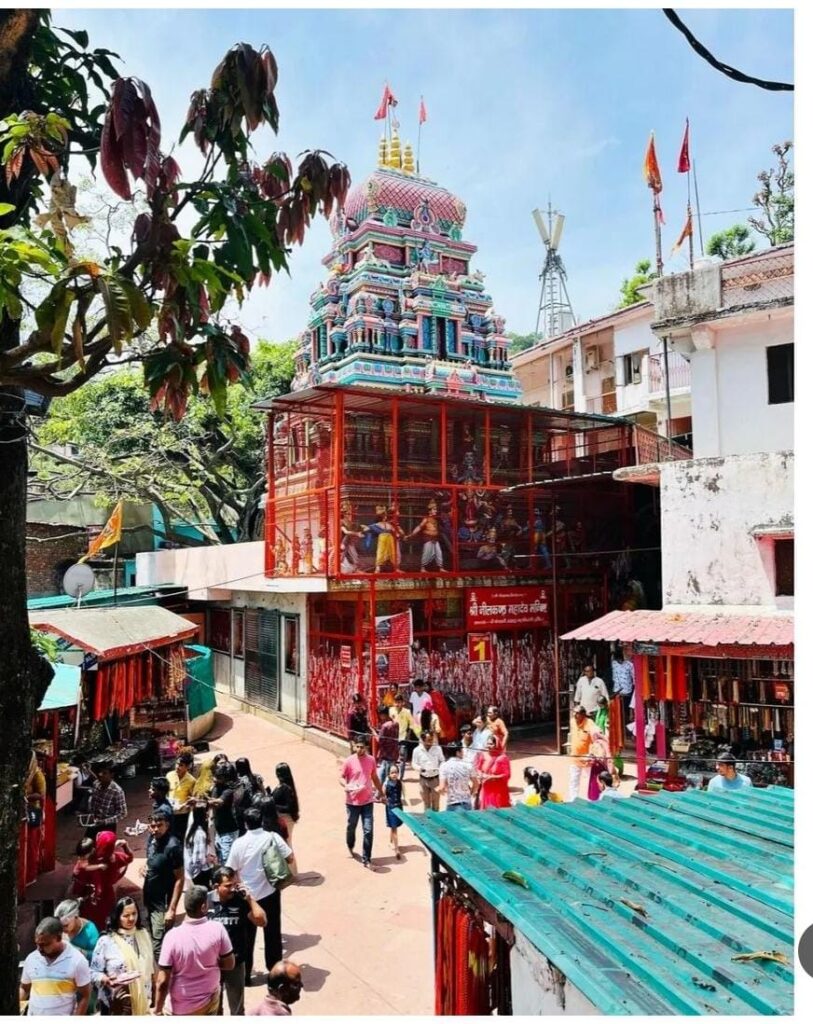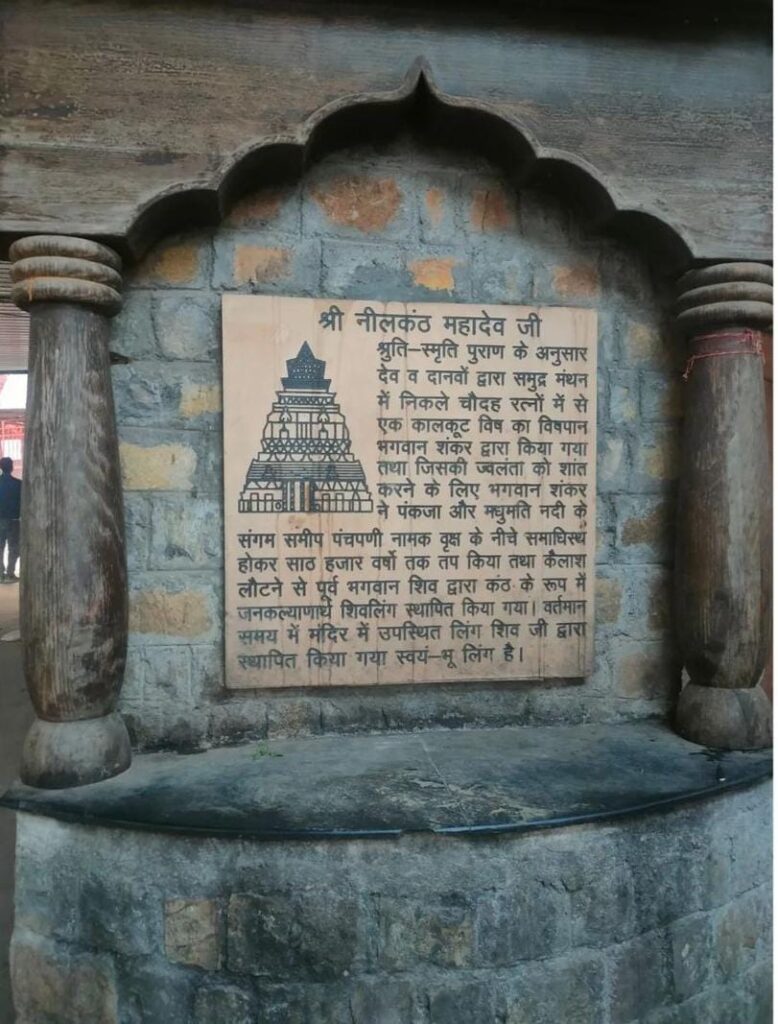Introduction to Shree Neelkanth Mahadev Temple
The Shree Neelkanth Mahadev Temple, located in the picturesque state of Uttarakhand, India, is a revered Hindu pilgrimage site dedicated to Lord Shiva. Perched amidst the lush greenery of the Garhwal Himalayas, this sacred temple attracts devotees from far and wide, seeking spiritual solace and divine blessings.
History and Creation
The history of Shree Neelkanth Mahadev Temple dates back to ancient times, shrouded in myth and legend. According to Hindu mythology, the temple stands at the spot where Lord Shiva consumed the poison Halahala during the churning of the cosmic ocean (Samudra Manthan). The temple is believed to have been created by divine intervention, with Lord Shiva himself manifesting as the creator.
Significance and Fame
Shree Neelkanth Mahadev Temple is renowned for its religious significance and architectural beauty. The temple is famous for its stunning backdrop of snow-capped mountains and serene surroundings, providing a tranquil setting for devotees to worship and meditate. The temple’s sanctity is further enhanced by the presence of a sacred Shiva Lingam, symbolizing the divine energy of Lord Shiva.
Devotees during the Months of Sawan
During the auspicious Hindu month of Sawan (July-August), devotees from across the country embark on a pilgrimage to Shree Neelkanth Mahadev to seek the blessings of Lord Shiva. The temple reverberates with the melodious chants of prayers and hymns, creating an atmosphere of devotion and spirituality. Devotees undertake rigorous penance, fasting, and offering prayers to Lord Shiva during this sacred period, believing it to bring them closer to the divine.
Conclusion
Shree Neelkanth Mahadev Temple stands as a symbol of faith, devotion, and spiritual enlightenment for millions of devotees worldwide. Its rich history, architectural grandeur, and religious significance make it a must-visit destination for pilgrims and tourists alike, offering a profound spiritual experience amidst the serene beauty of the Himalayas.


